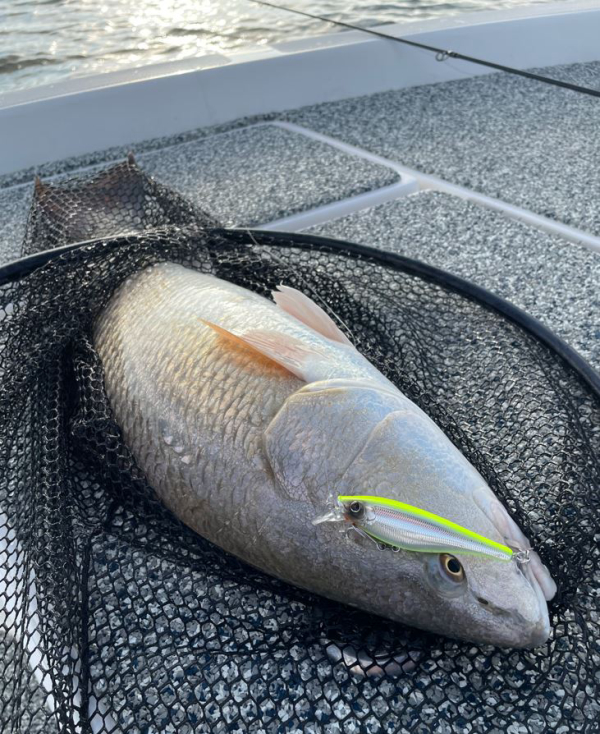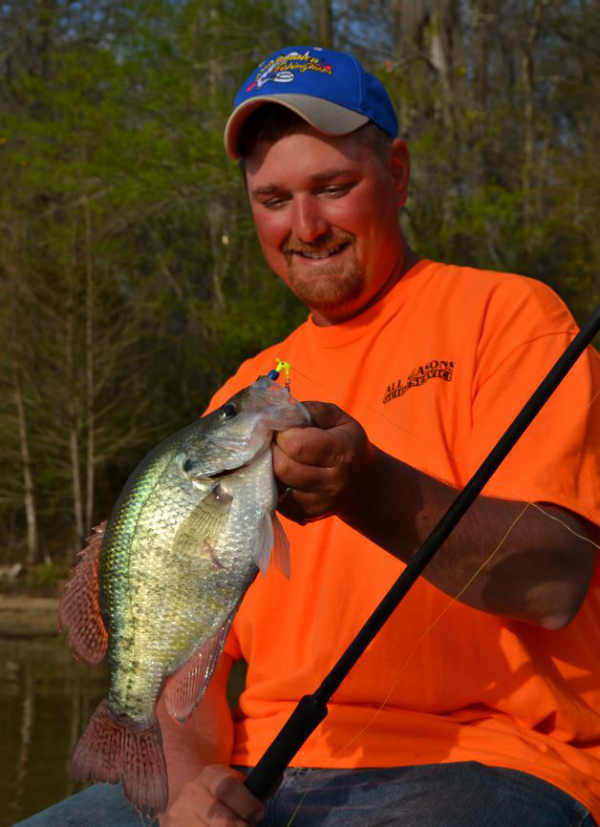Protecting the Rights of Sportfishers
|
In the age of tribes, it seems we all need to stake out our positions and marshal our forces around us.
There are starting to be louder rumblings from those who see fishing and hunting as outmoded relics of our past, and with a surprising amount of time on their hands, are dithering about putting an end to both. Animal rights activists in Oregon last year filed Initiative Petition 3 (IP3), which criminalizes injuring or intentionally killing animals, including utilizing breeding practices and raising/killing livestock for food. Proponents have again filed a ballot initiative for the 2024 November general election. To qualify, they would have to deliver 112,020 signatures for verification to the Oregon secretary of state by July 8, 2024. The initiative would ban hunting and fishing in the state, as well as raising animals for food. If you want to see just how wacky it is, go to YesOnIP3 here:https://www.yesonip3.org/about. They’ve got money behind them, which is often what it takes to pass a bill into law. They received a recent influx of $110,000 in campaign donations allowing them to pay signature gatherers. The backers have indicated they intend to pursue a similar path in other states as well. Twenty-one states guarantee the right to hunt and fish in their constitutions, with twenty of those approved via the voters. While Vermont's language dates back to 1777, the rest of these constitutional provisions—in Alabama, Arkansas, Georgia, Idaho, Indiana, Kansas, Kentucky, Louisiana, Minnesota, Mississippi, Montana, Nebraska, North Dakota, Oklahoma, South Carolina, Tennessee, Texas, Virginia, Wisconsin and Wyoming—have passed since 1996. Harvesting fish for food would be illegal under rules some animal activists want to pass, and even catch and release might not be allowed. (Frank Sargeant) California and Rhode Island have language in their respective constitutions guaranteeing the right to fish, but not to hunt. Advocates also consider Alaska’s constitutional language—“Wherever occurring in their natural state, fish, wildlife, and waters are reserved to the people for common use”—as meeting the test because of its strong case law history. Oklahoma's constitution was amended in 2016 to include the right to engage in ranching and farming. Florida has a right to hunt and fish amendment working towards approval this year. Here’s the text: Fishing, hunting, and the taking of fish and wildlife, including by the use of traditional methods, shall be preserved forever as a public right and preferred means of responsibly managing and controlling fish and wildlife. This section does not limit the authority granted to the Fish and Wildlife Conservation Commission under Section 9 of Article IV. There are economics as well as basic traditional freedoms at work here. In addition to fees collected from sales of licenses and tags, excise taxes paid by Florida sportsmen and women on firearms, ammunition, and archery equipment fund important conservation efforts, such as the acquisition and improvement of wildlife habitat, wildlife species introduction, wildlife research, fish stocking and management, public access programs, shooting ranges, and hunter education programs. Last year alone, Florida received $22,095,534 of Pittman-Robertson Wildlife Restoration Funds and about $13 million from the Sportfish Restoration Act to support fisheries and boating. Both funds come from excise taxes on sporting equipment including hunting and fishing gear.
Crappies, a staple food fish for many families, would also be off limits under the most bizarre animal rights activist proposals. (Frank Sargeant) Florida has about 242,000 hunters and 3.6 million anglers, including residents and nonresidents, according to the FWC. Florida is known as the "fishing capital of world," and that industry alone generates nearly a 14 billion dollar economic impact, the FWC estimates. The American Sportfishing Association has taken note of the issue of efforts to ban fishing. Here’s a good video from Mike Leonard, ASA VP of Government Affairs, that will tell you what you need to know to combat the agenda of the activists. https://youtu.be/tKUvWaBG-KI. If your state does not have a “right to fish” law, it may be time to call on your legislators. — Frank Sargeant |



